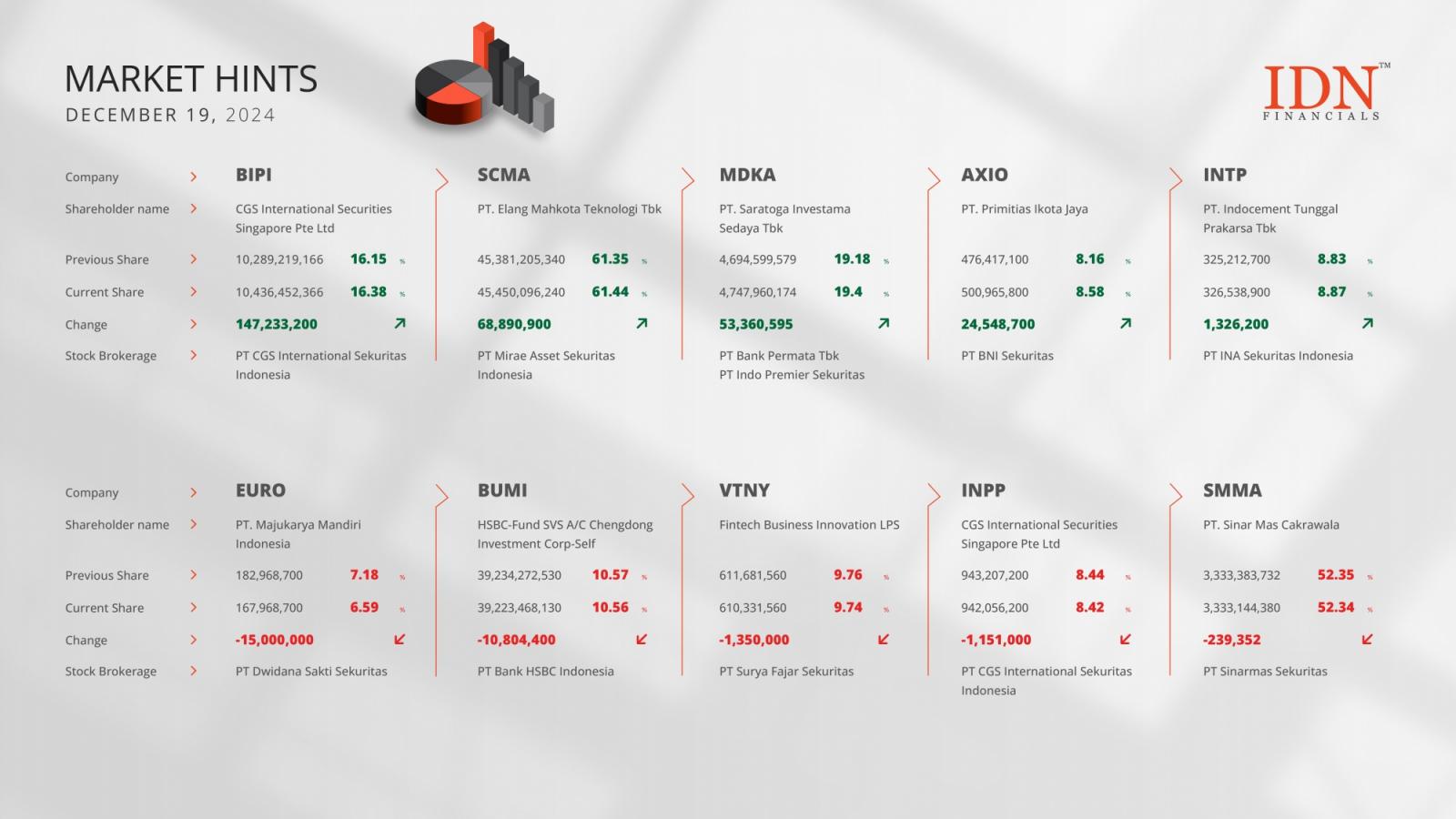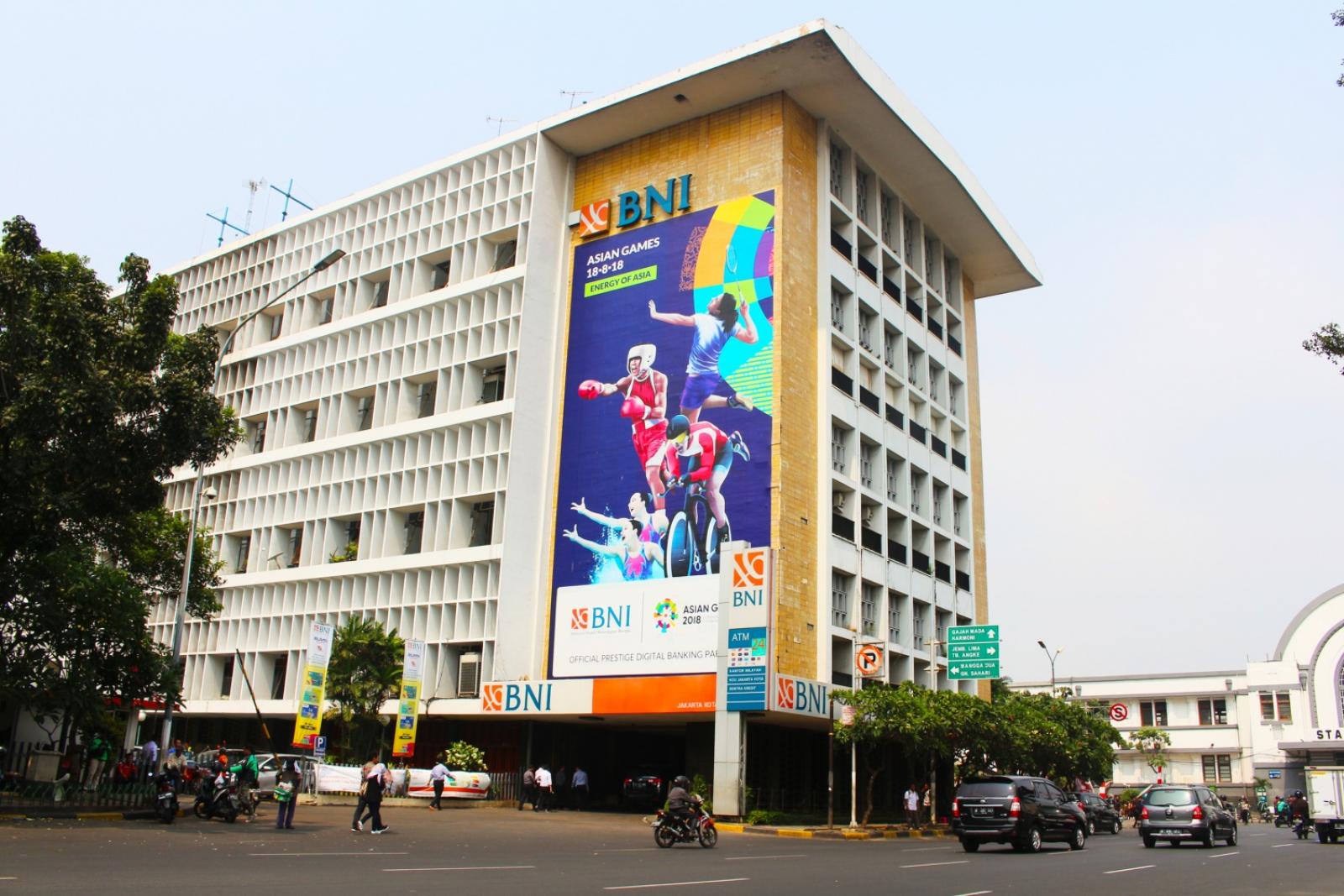Venezuela’s President Nicolás Maduro and the government are seeking ways to circumvent the recent US sanctions using crypto, alleged critics.
According to Venezuelan crypto activists, the government and the president’s regime have been considering several methods to evade US-imposed sanctions.
“When you’re talking about regimes that are subject to sanctions, they’re typically going to look for a variety of ways to evade those sanctions,” Andrew Fierman, head of national security intelligence at Chainalysis, told Bloomberg.
“The Venezuelan government and the Maduro regime have been doing this across a wide array of methods over the years.”
The United States recently re-imposed sanctions on Venezuela’s oil and gold ban on May 31. The imposition was due to Venezuela government’s failure to adhere to democratic principles ahead of elections in July.
Further, per a Wilson Center report released in April written by Leopoldo López and Chainalysis’s Kristofer Doucette, the government has a long history of using cryptos to bypass US sanctions. The authors have called in key governments to “rigorously enforce existing restrictions to prevent the Maduro regime’s exploitation of digital currencies.”
Venezuela’s Crypto Records
“Today, a cryptocurrency is being born that can take on Superman,” President Maduro said during the nations’ launch of national oil-backed crypto token ‘Petro,’ in 2018. The native token of Venezuela aimed at pulling the country out of an economic tailspin.
However, on 15 January 2024, the nation ceased Petro operations as it failed to gain widespread adoption throughout its existence.
“Critics of digital currencies might point to Venezuela as a prime example of how they can facilitate illegal operations, such as money laundering and corruption,” the Wilson Center report read.
“Now, more than ever, democratic governments must take decisive action to counter Maduro’s attempts to exploit cryptocurrency to move illicit proceeds into the international financial system.”
Other autocratic leaders facing international sanctions such as those in Iran and Russia have initiated crypto-related programs to evade sanctions.





